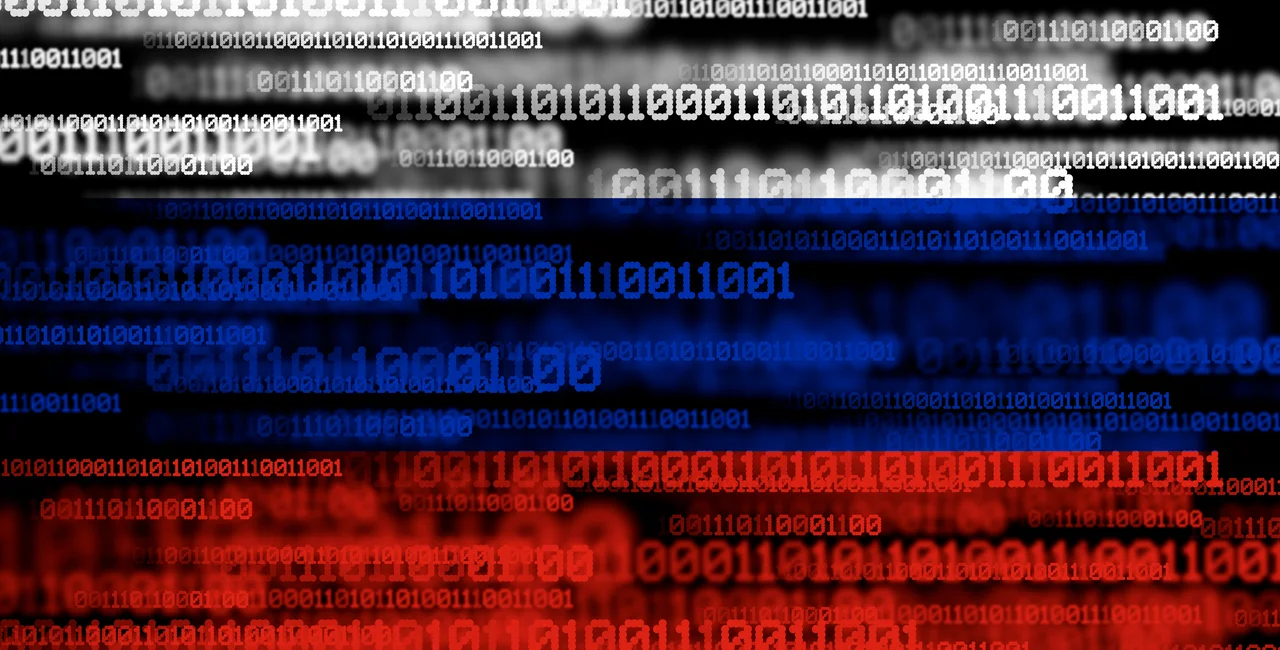According to a newly released annual report from the Czech National Organized Crime Center (NCOZ), pro-Russian hacking groups are increasingly attacking democratic countries – including Czechia.
The NCOZ report highlights that the hackers primarily target media and state institutions, as well as the banking sector of the affected countries.
More attacks hit Czechia
Czechia has seen a spike in the level of received cyberattacks since February 2022. In the past 18 months, major bank ČSOB, Prague municipality's websites, Czech Television webpages, the online servers of Czech Radio, and Ministry of Interior websites have all been hit by hacking attempts.
The NCOZ notes in its report, though, that some of these Czech-targeted hacks failed to achieve their desired impact. Owing to the efforts of the National Cyber and Information Security Office (NÚKIB), attacks on critical infrastructure have largely been mitigated since early 2022. Nevertheless, cyberattacks on major information systems remain prevalent.
In April, Reuters reported the UK government's defense agency for cyberattacks warning of an “emerging threat to Western critical national infrastructure posed by hackers sympathetic to Russia and its war on Ukraine.”
In Czechia, cyber-based crimes surged by nearly 100 percent in 2022 year on year, with 18,554 cases reported. Unauthorized access to computer systems and the compromise of email accounts, social networking sites, and online banking credentials were cited as the most-common cybercrime tactics.
Caution and response
In response to the increased attacks, the government created a new police department – the National Center for Fighting Terrorism, Extremism, and Cybercrime – to combat cybercrime.
🌟 Senior Server Engineer (Python) – Join a World-

Sales Lead | High-Performance Computing & AI

The NCOZ emphasizes that medium-sized businesses are the primary targets for attacks involving extortion. Bolstering cybersecurity, the center writes, is imperative in 2023 and beyond to avoid undue losses. Its report also warns of the ongoing security threat posed by malicious online files, particularly in the post-Covid-19 era, where many institutions continue to rely on remote-work arrangements.
The Czech police also identified the national underfunding of cybersecurity, particularly within state institutions, as a significant challenge in combating cybercrime. They stressed the need for cooperation with the professional community and the development of comprehensible prevention programs.
In addition to cybercrime concerns, the NCOZ report also highlighted that the receding Covid-19 pandemic has been replaced by the war in Ukraine on the disinformation scene online – with pro-Russian groups sending disinformation en masse.
More broadly, the NCOZ noted that Czechia’s overall security environment had "considerably changed" since 2022; the increasing cyberattacks are a symptom of this.













 Reading time: 2 minutes
Reading time: 2 minutes 



 Italian
Italian
 Swedish
Swedish
 Norwegian
Norwegian
 Czech
Czech























